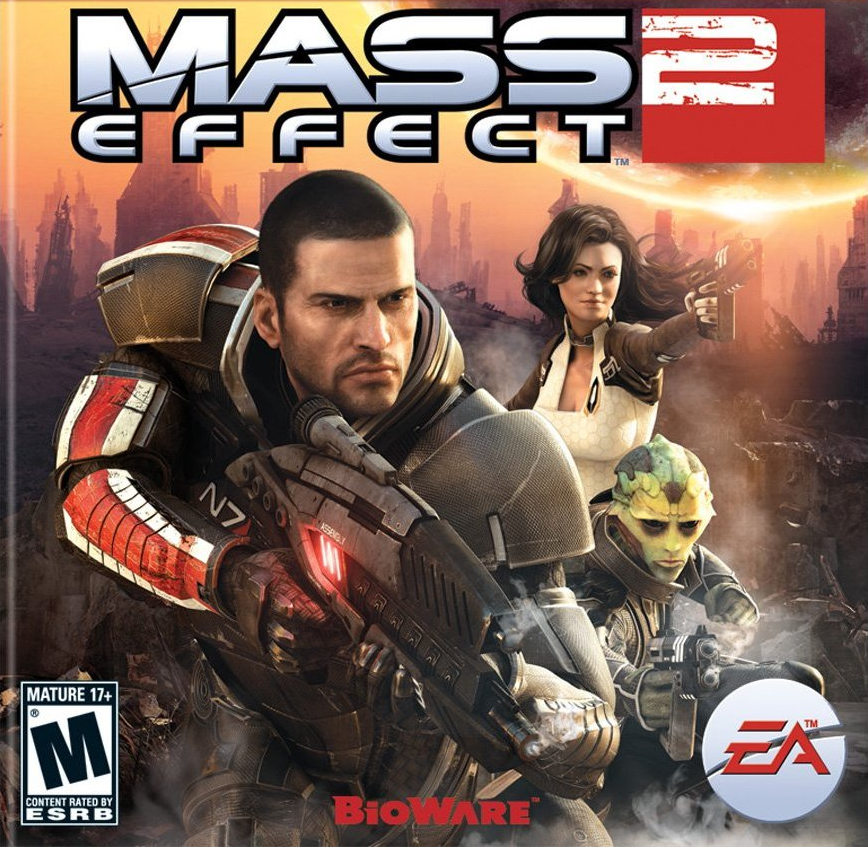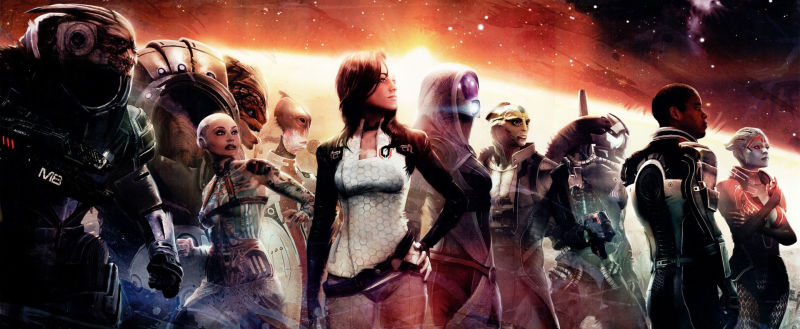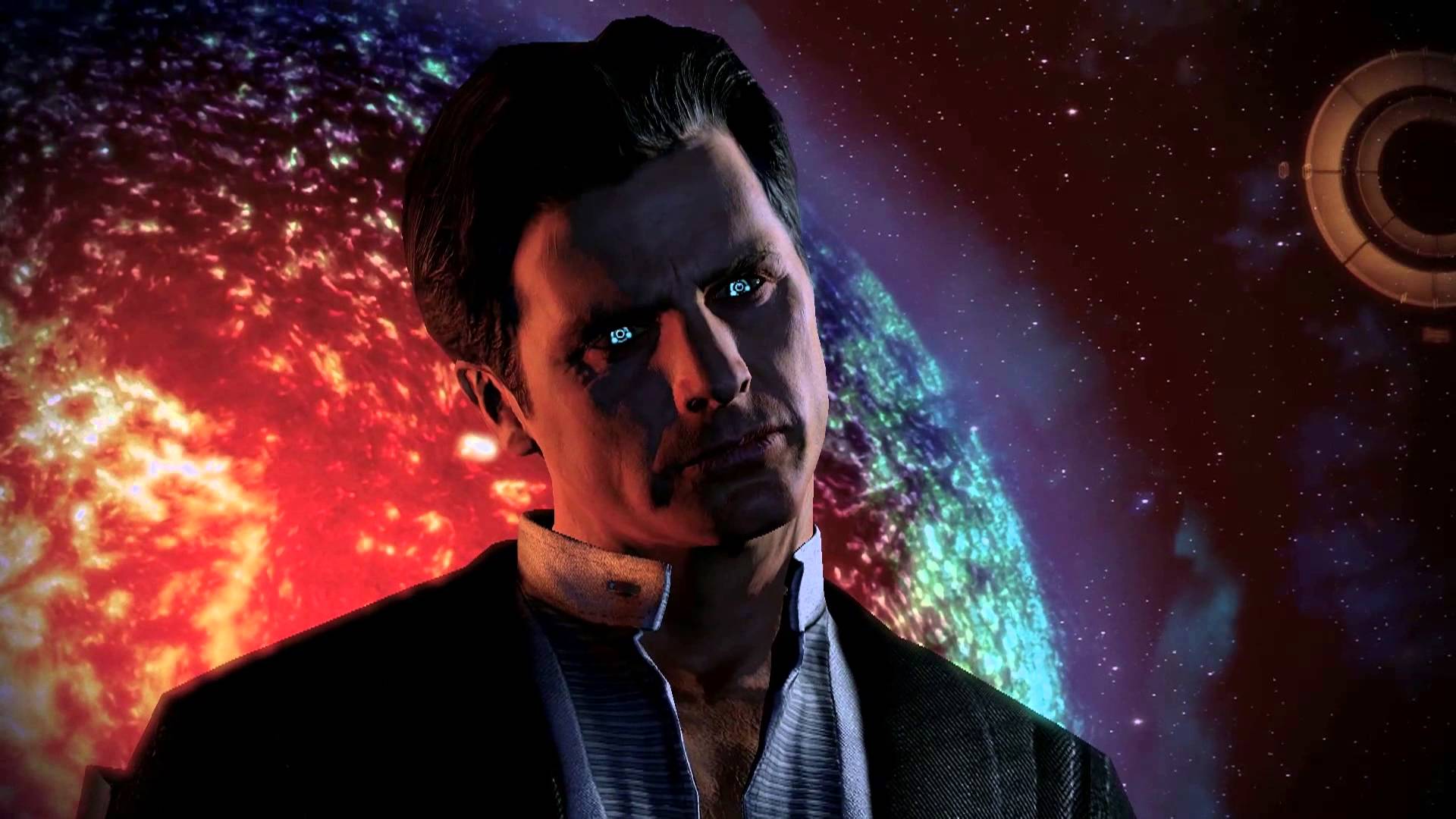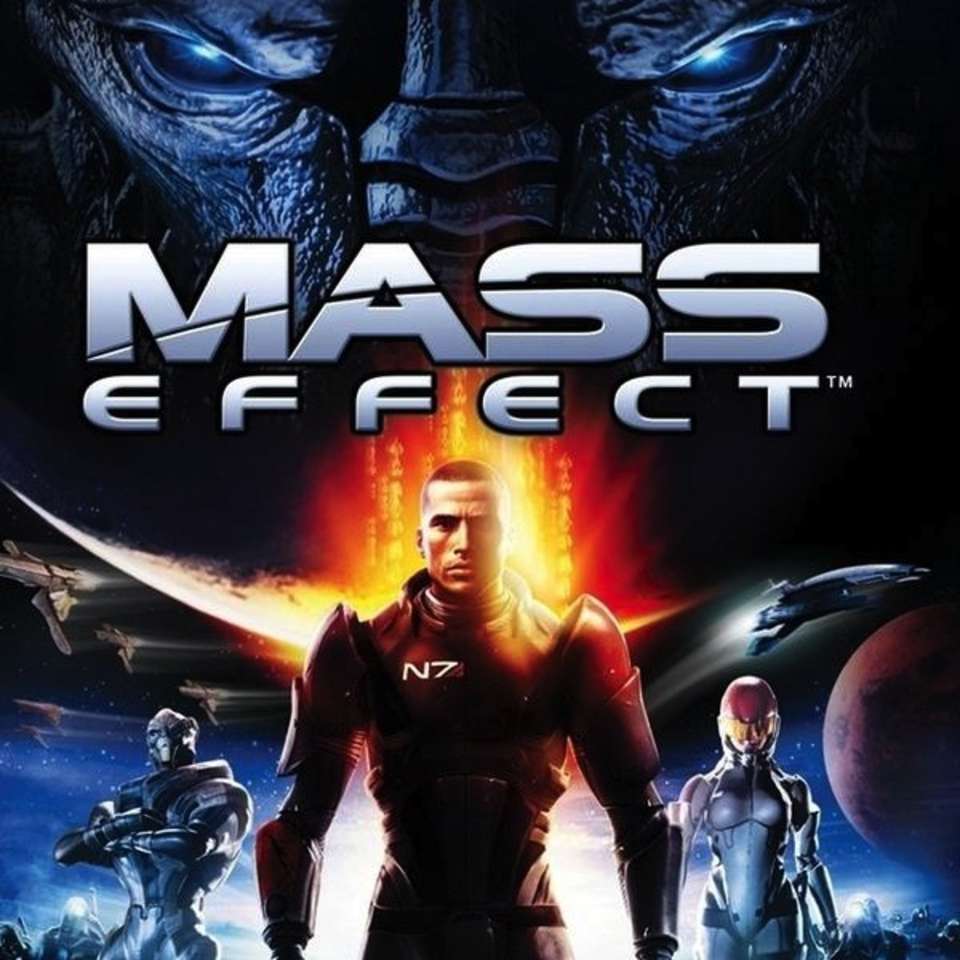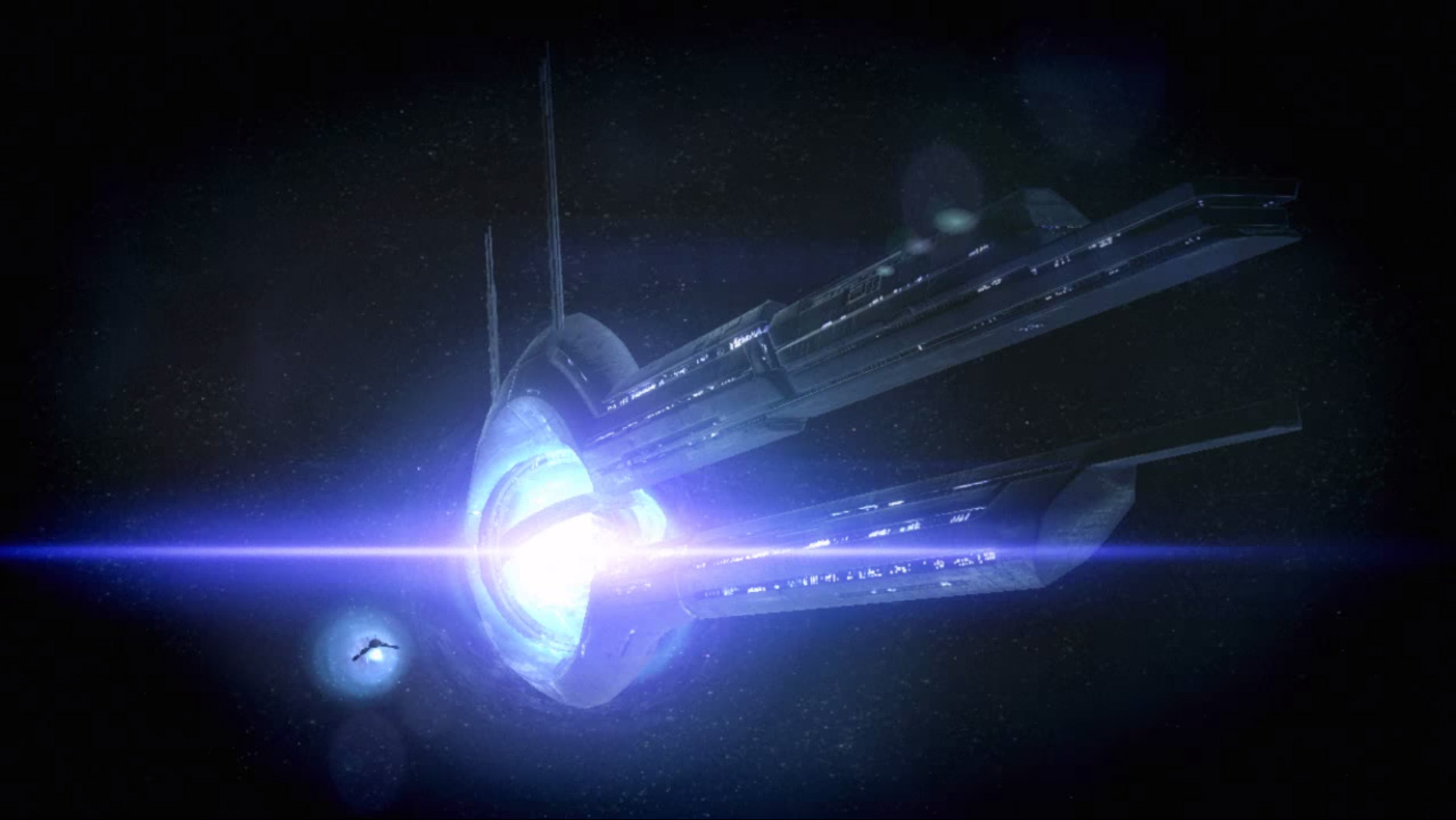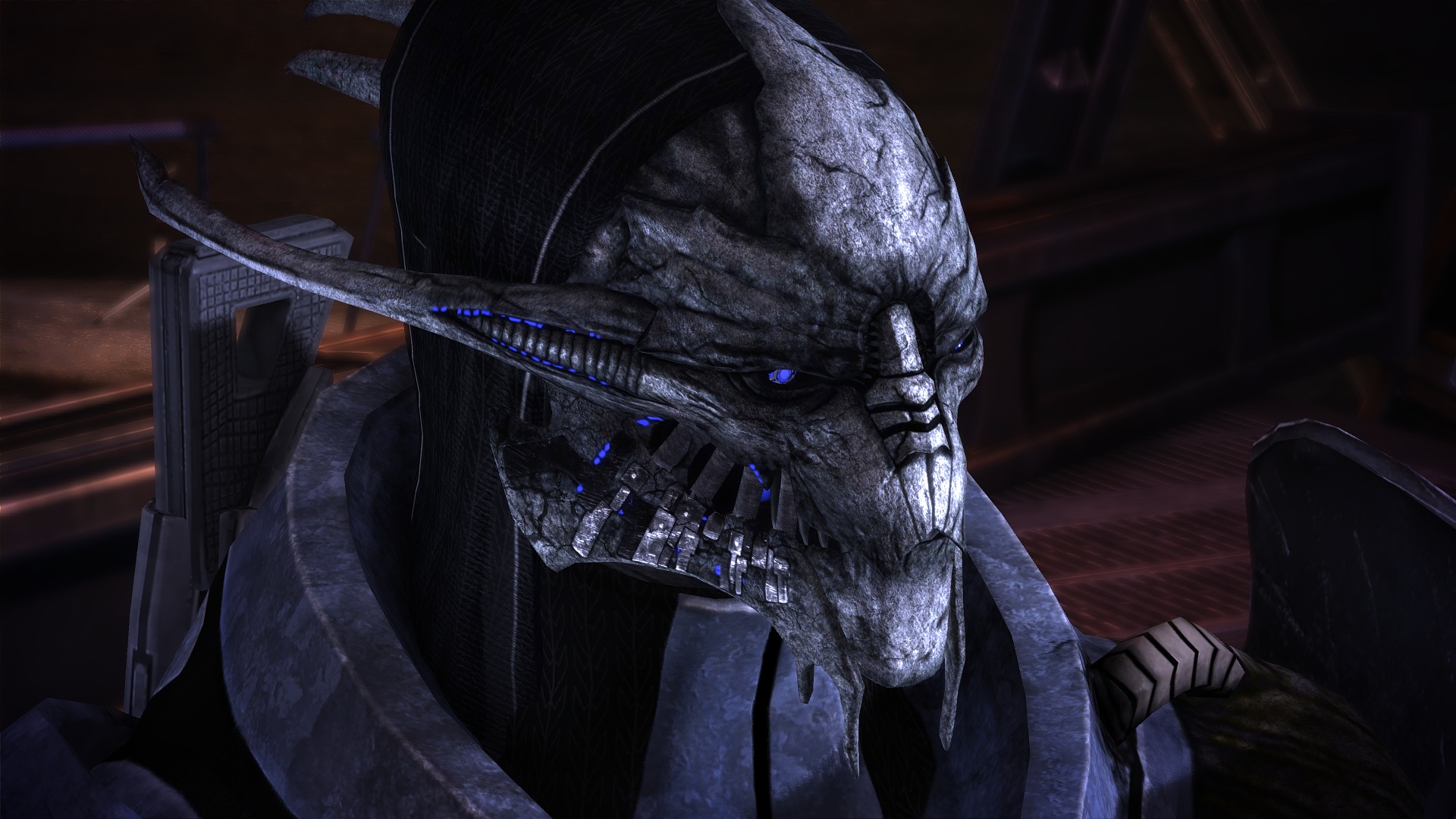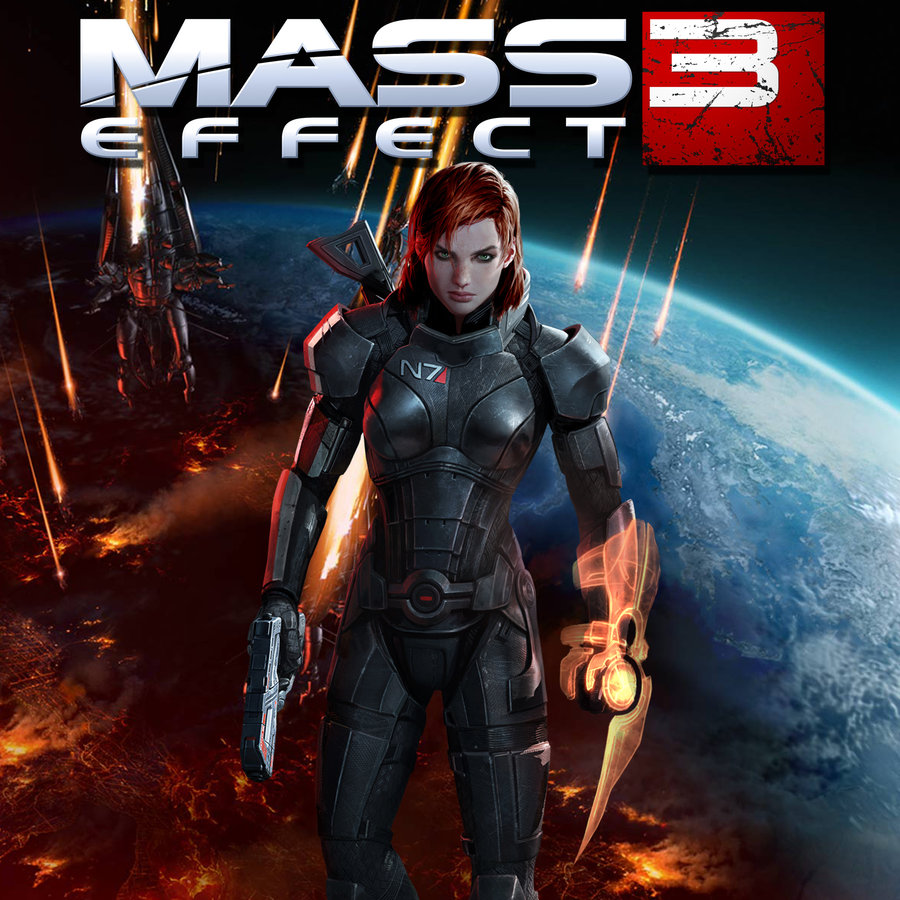
The third installment of Mass Effect is no doubt the most controversial—in many ways, it built the foundation of geek entitlement that led to the No Man’s Sky debacle. As the controversy primarily revolves around the ending of the game, we’ll come to that in due time. As the King in Alice’s Adventures in Wonderland says, it’s best to begin at the beginning.
The opening sequence of Mass Effect 3 gives us no time to breathe. The Reaper invasion is in full force, and they’re already ripping the universe apart. Shepard’s quest for the duration of Mass Effect 3 is to rally the races of the galaxy into a united front to keep intergalactic Armageddon at bay. After a lot of killin’ and bangin’, Shepard trudges into the final moments of the game alone where they must sacrifice themselves for one final decision that will shape the fate of the universe forever.
For the bulk of Mass Effect 3, the gameplay, graphics and characterizations are even more impeccable than Mass Effect 2. The reason that Mass Effect 3 doesn’t quite live up to the bar that its predecessor set does ultimately come down to those final moments. All three of the possible endings did feel a bit same-y, which irked many fans who were expecting more variety in their conclusions, filling the conduits of social media with frothy nerd rage. The outcry became so volatile that the developers actually went back to retool and release another series of possible endings. Little did they know that this one act of fan service would help contribute to the rat’s nest of geek entitlement that we loathe today.
Mass Effect 3: What’s Worse—Angry Reapers or Angry Nerds?
Throughout the life of the trilogy, Mass Effect has been great at setting the bar higher for each installment. From a gameplay perspective, Mass Effect 3 is superior to its predecessor, but it also manages to feel bigger from a narrative perspective. In Mass Effect 2, Shepard had to get a diverse squad of scientists, soldiers and assassins ready to take on an unbeatable foe. Shepard’s task in Mass Effect 3 is just slightly larger—they have to get a diverse coalition of alien races ready to take on a legion of unbeatable foes.
It’s not easy getting all of these different races to play nice with each other. Races like the Krogan are still understandably pissed off at the Salarians and Turians because they created a bioweapon that drastically increased the Krogan infant mortality rate. It was an executive decision, since the Krogan’s reproductive speed and their genetic desire for combat and bloodshed threatened to overrun the galaxy. It’s complex racial issues like this that make the stakes of Shepard’s different missions so high.
The racial prejudices at play throughout Mass Effect 3 do happen to take place in an intergalactic, sci-fi setting, but that doesn’t mean that they don’t ring true for those of us consigned to planet Earth. Again, the narrative is great at portraying the different perspectives at play when a racial conflict erupts. Like all good sci-fi, these different racial issues help to illustrate what Nigerian author Chimamanda Ngozi Adichie calls “the danger of a single story.” It’s Shepard’s job to convince each race to overcome their propensity to reduce the others to a single story so they can present a united front against an enemy that wants everyone dead in equal measure.
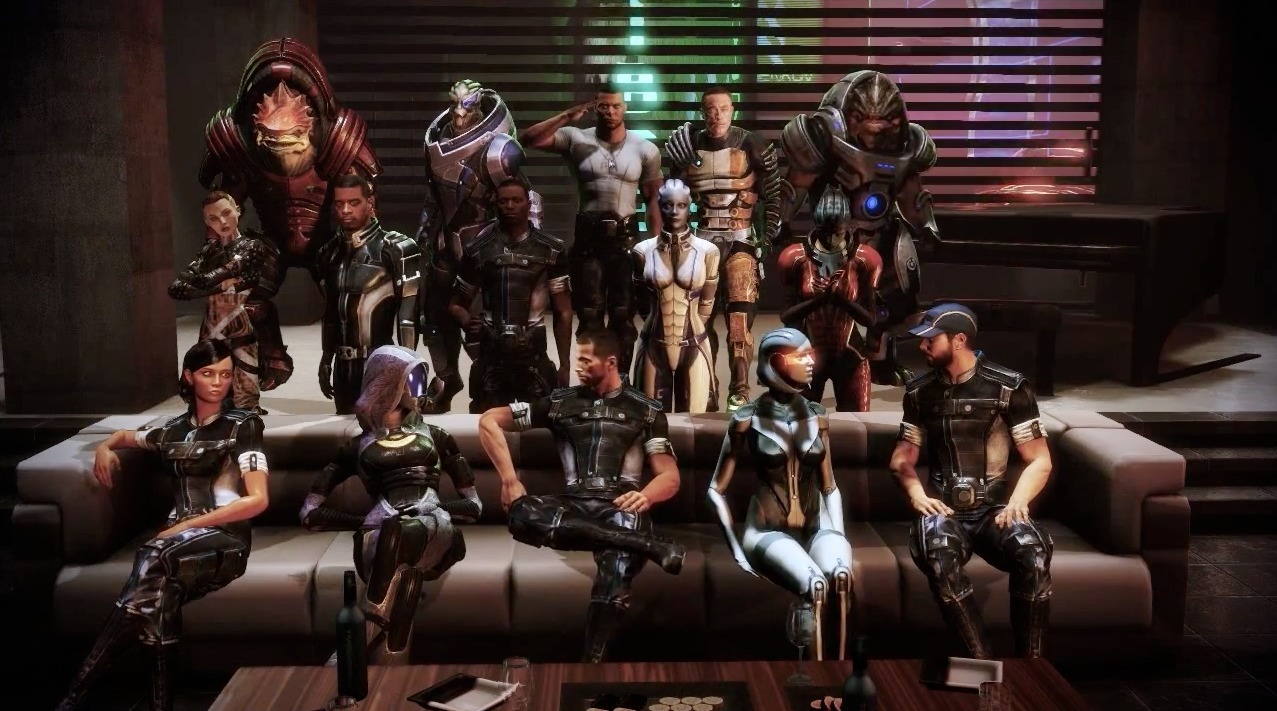
Despite telling a story that emphasizes racial tolerance and ideological flexibility, Mass Effect 3 became the target of much controversy because it didn’t align with many fans’ expectations. I’m not saying that these fans’ complaints are totally unfounded. The narrative structure of Mass Effect 3 left quite a few loose ends that we were hoping to get resolved, and the multiple endings didn’t feel that much different from one another. For me, it was a lot like the final season of Dexter. As a whole, I would call Dexter one of the best TV shows that I’ve ever seen. But that final episode was complete garbage and it pissed me off. Despite this terrible finale, I as a fan had to respect the fan/creator relationship. I will forever call bullshit on the last episode of Dexter, but I still love it as a whole.
When something like this happens with video games, it becomes a different beast. Dexter was on whether you were a fan of the show or not. If the ending sucked, what did you care? Fans of a video game franchise, on the other hand, have actually invested their hard-earned money into that franchise. There’s nothing fundamentally wrong with expressing your frustration about a lackluster ending to a property that you cared about, especially if you’ve put some money down yourself. However, organizing a Facebook campaign to unite equally pissed fans under one banner in order to pressure the developers into busting their asses for a “better” ending is completely off base. The fact that BioWare eventually caved to these demands only empowered these actions, thus fueling any and all of the subsequent nerd rage freakouts (See No Man’s Sky, Ghostbusters, Captain America, et al.). It’s something that caused birthmoviesdeath.com writer Devin Faraci to declare Annie Wilkes from Stephen King’s Misery the patron saint of fandom, and I couldn’t agree more.
Andromeda
I’ve been reading some mixed reviews of Mass Effect: Andromeda, and I’ve been reading about plenty of players who have lampooned everything from the character animation to the dialogue. They could be totally right, but I can’t help but feel this early access is either opening old wounds for some, or an excuse to drink the hater-ade for others. Regardless, it’s safe to say that Mass Effect fans are still divided. It sounds like Andromeda probably won’t win you back if you’ve turned your back on the franchise, but those who are just itching for a chance to dig back into a well-designed sci-fi universe will likely be pleased.
Since agendas abound when writing about a hornets’ nest like Mass Effect, I’m not planning on investing too much credibility in any pre-reviews. For now, all I will say on the subject is that Mass Effect has my pixelated heart, and I’ll be gazing longingly at my mailbox like Rose gazes at Jack as he stands at the top of the dining room stairs in Titanic.
